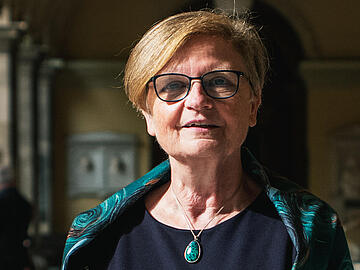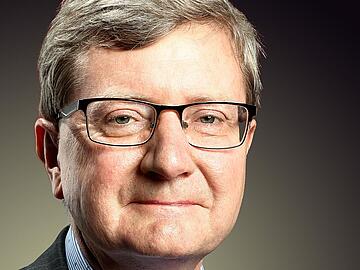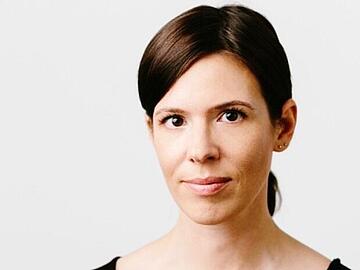Global China Conversations #30
From partnership to rivalry: Can Germany assert itself in a world shaped by China?
Topic
China plays a leading role in world affairs and is one of the key hegemonic powers actively shaping the international system. Its economic and political significance is such that Germany and the EU must respond appropriately to these changes. This affects various areas such as economic cooperation and trade relations, technological innovation and competitiveness as well as security and defence strategies. China is acting as a mediator between Russia and Ukraine, while at the same time pursuing its interests in the Pacific region, particularly in the Taiwan issue, and in the consolidation of the Belt and Road Initiative (BRI). China's position in this dynamic geopolitical environment influences the hegemonic order and calls existing power relations into question. Germany faces the challenge of strengthening its economic ties with China while at the same time safeguarding its strategic interests and values. A coordinated China strategy is required at EU level in order to adequately represent and safeguard Europe's interests and positions.
We would therefore like to discuss the following questions in GCC #30: How can Europe position itself in the strategic triangle between China, the US and Russia? How can Germany safeguard its interests vis-à-vis China? Can the EU pursue a policy of balancing forces that takes due account of both economic opportunities and geostrategic interests? What impact could recent developments in China’s political bodies have on global dynamics?
Program
The event consists of different impulse lectures followed by a discussion.
The Global China Conversation #30 will be held in German.
Literature
The impulse lectures refer to the following publication:
Weigelin, Schwiedrzik, Susanne. 2023. China und die Neuordnung der Welt. Brandstätter.
As a Gould Finch audio book in the series "Auf dem Punkt"
China Strategy of the Federal Government, Federal Foreign Office, 2023
Speakers

Prof. i.R. Susanne Weigelin-Schwiedrzik
Studied Sinology, Japanese Studies and Political Science (1973-1978) in Bonn, Beijing and Bochum, doctorate in 1982, habilitation in 1989 at the Ruhr University Bochum. 1989-2002 Full Professor of Modern Sinology at the University of Heidelberg. 1999-2001 Vice-Rector for International Relations at the University of Heidelberg. 2002-2020 Professor of Sinology at the University of Vienna, since 2012 k. Member of the Austrian Academy of Sciences. 2011-2015 Vice-Rector for Research and Promotion of young Researchers at the University of Vienna. Member of the Academic Council of the Austrian Academy of Sciences since 2022 and Programme Director for China at the Center for Strategic Analysis, Vienna. Research stays and visiting professorships in the PR China, the USA, Japan and Hong Kong. Main research interests: Chinese history in the 20th century, history of East Asia, politics and memory in the PR China, politics and foreign policy of the PR China.

Dr. Martin Thümmel
Martin Thümmel has worked in the Foreign Service for over twenty years. He currently holds the position of Commissioner for East Asia, Southeast Asia and the Pacific at the Federal Foreign Office. He was previously Head of the European Migration Policy Unit at the Federal Foreign Office. Prior to this position, he was Head of Division of the Coordination Unit for Displacement and Migration. Prior to this, Martin Thümmel was Head of the Political Department at the German Embassy in Beijing. Prior to that, he held various positions at the Permanent Mission of Germany to the United Nations in New York, the German Consulate General in Mumbai, the Consulate General in Shanghai, the Embassy in Beijing and the European Department of the Federal Foreign Office. Martin Thümmel studied in Göttingen and Shanghai and holds a doctorate in law and Sinology (M.A.).
Moderation

Amelie Richter
Amelie Richter is a journalist and sinologist. At China.Table, she specialises in relations between the European Union and the People's Republic. Before joining China.Table, Richter worked for the German Press Agency in Australia, Mexico and Strasbourg. She currently lives in Paris.
Contact
Moritz Haase
